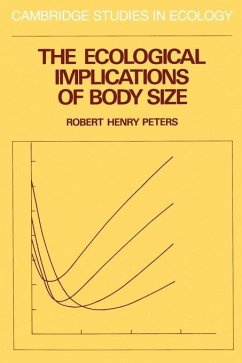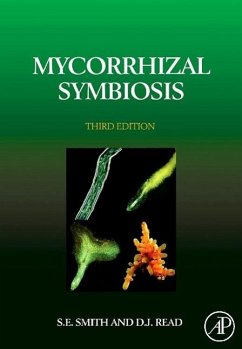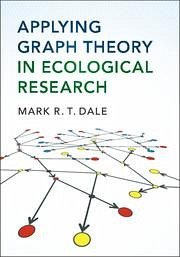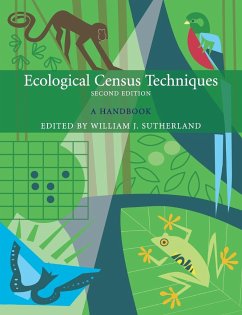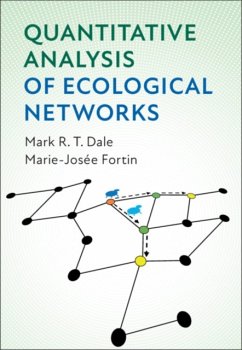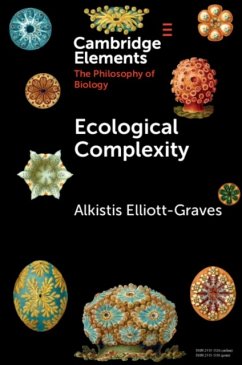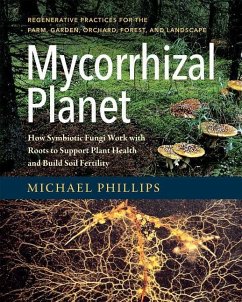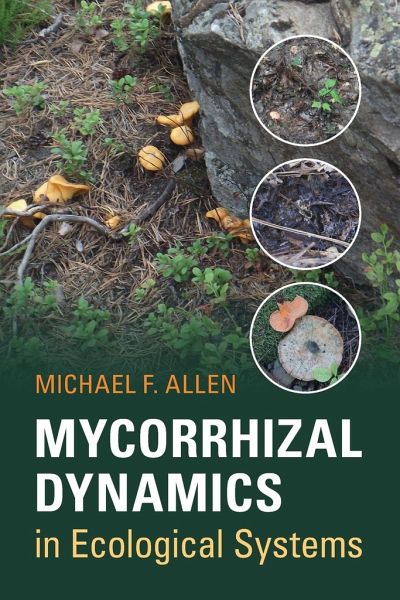
Mycorrhizal Dynamics in Ecological Systems
Versandkostenfrei!
Versandfertig in 1-2 Wochen
72,99 €
inkl. MwSt.
Weitere Ausgaben:

PAYBACK Punkte
36 °P sammeln!
By building from plant-fungal structure-function relationships and evolution, this volume provides descriptions of how mycorrhizae work, and how to apply this knowledge to land management and global change approaches. Essential for students, researchers, and land-use managers seeking to integrate their knowledge across disciplines and scales.





